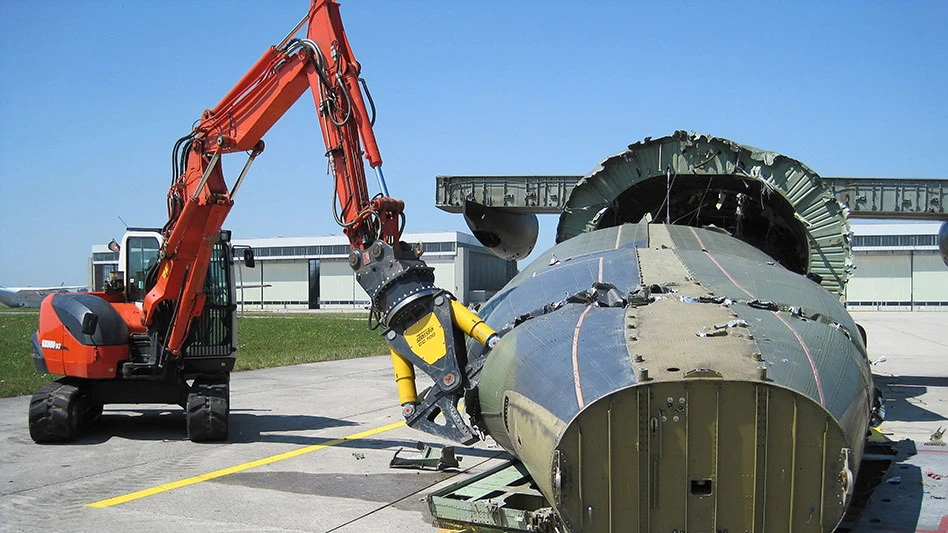
Logo courtesy of the U.S. Tire Manufacturers Association
The Washington-based U.S. Tire Manufacturers Association (USTMA) and its members have expressed strong support for bill H.R. 3401 to strengthen domestic tire retreading.
The bill, reintroduced by U.S. Reps. Darin LaHood (R-IL) and Emilia Strong Sykes (D-OH), proposes tax credits for fleet purchasers of American-made retreaded commercial tires, aimed at strengthening domestic manufacturing, job creation and sustainable tire solutions.
“Approximately 15 million tires are retreaded annually in the U.S, including nearly 44 percent of commercial truck tires in the U.S. and Canada,” USTMA President and CEO Anne Forristall Luke says. “By providing tax credits to fleet purchasers who buy American-made retreaded commercial tires, we have a critical opportunity—to support domestic manufacturing and strengthen our national economy. This legislation is about more than just tires—it's about investing in American workers and promoting a sustainable and innovative manufacturing sector.”
According to USTMA, tire retreading employs over 51,000 American workers and supports more than 268,000 jobs across the broader U.S. tire industry. Retreaded tires are a nearly 100 percent domestically produced product manufactured primarily by small independent businesses that typically employ between 10-60 workers, USTMA says.
However, the number of domestic tire retreading facilities has declined from over 3,000 facilities in 1982 to just 500 today in part because of growing imports of foreign alternatives for new tires. About 65 percent of foreign tires are less likely to be retreaded given their design and construction, undermining efforts to build robust tire recycling programs and further accelerating the decline of U.S. retreading facilities.
H.R. 3401 aims to incentivize and revitalize the U.S. retreading industry by making fleet purchases of retreaded commercial tires more financially feasible. This measure would create high-quality manufacturing jobs, strengthen supply chain resilience and support local economies, according to its supporters.
Retreading aligns with the U.S. tire manufacturing industry’s commitment to a circular tire economy, reducing waste and minimizing the environmental impact of commercial trucking. Compared with new tires, retreaded tires require fewer natural resources, helping to lower carbon emissions and conserve energy. According to USTMA, retreaded tires offer many benefits, including:
- use 15 gallons less oil and 90 pounds less material per tire;
- save 215 million gallons of oil annually in the U.S. and Canada;
- reduce CO2 emissions by 24 percent;
- reduce water consumption by 19 percent;
- reduce air pollution by 21 percent; and
- keep 1.4 billion pounds of waste out of landfills each year.
“The retreading industry has long been a leader in sustainable manufacturing, but the sharp decline in domestic retreading facilities highlights the need for policy solutions that support this critical sector,” Luke adds. “We applaud Reps. LaHood and Sykes for their leadership in reintroducing this bill and ensuring that American-made retreaded tires remain a key pillar of our economy and environment.”
Latest from Recycling Today
- BlueScope’s new CEO affirms bid rejection
- US steel imports finish 2025 down 12 percent
- Cascades sells corrugating plant to Crown Paper
- You have production scrap, WEIMA machinery processes it where it’s made
- CP Group, Cisek Inspections forge innovative X‑ray recycling alliance
- Regroup, CP Group unite for cutting-edge Halifax MRF
- Modern MRFs: AI, automation and safety, redefining recycling operations
- CalRecycle opens comment period on proposed SB 54 revisions





